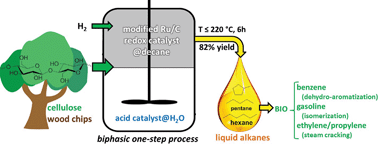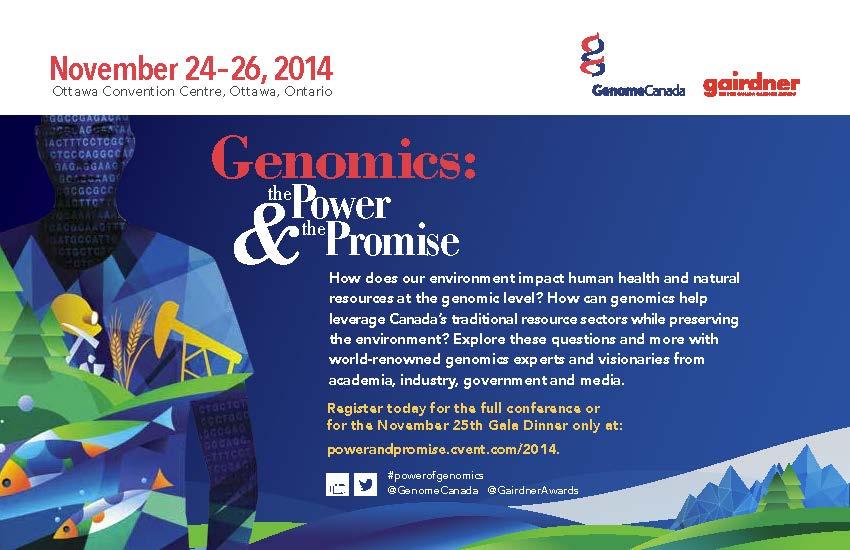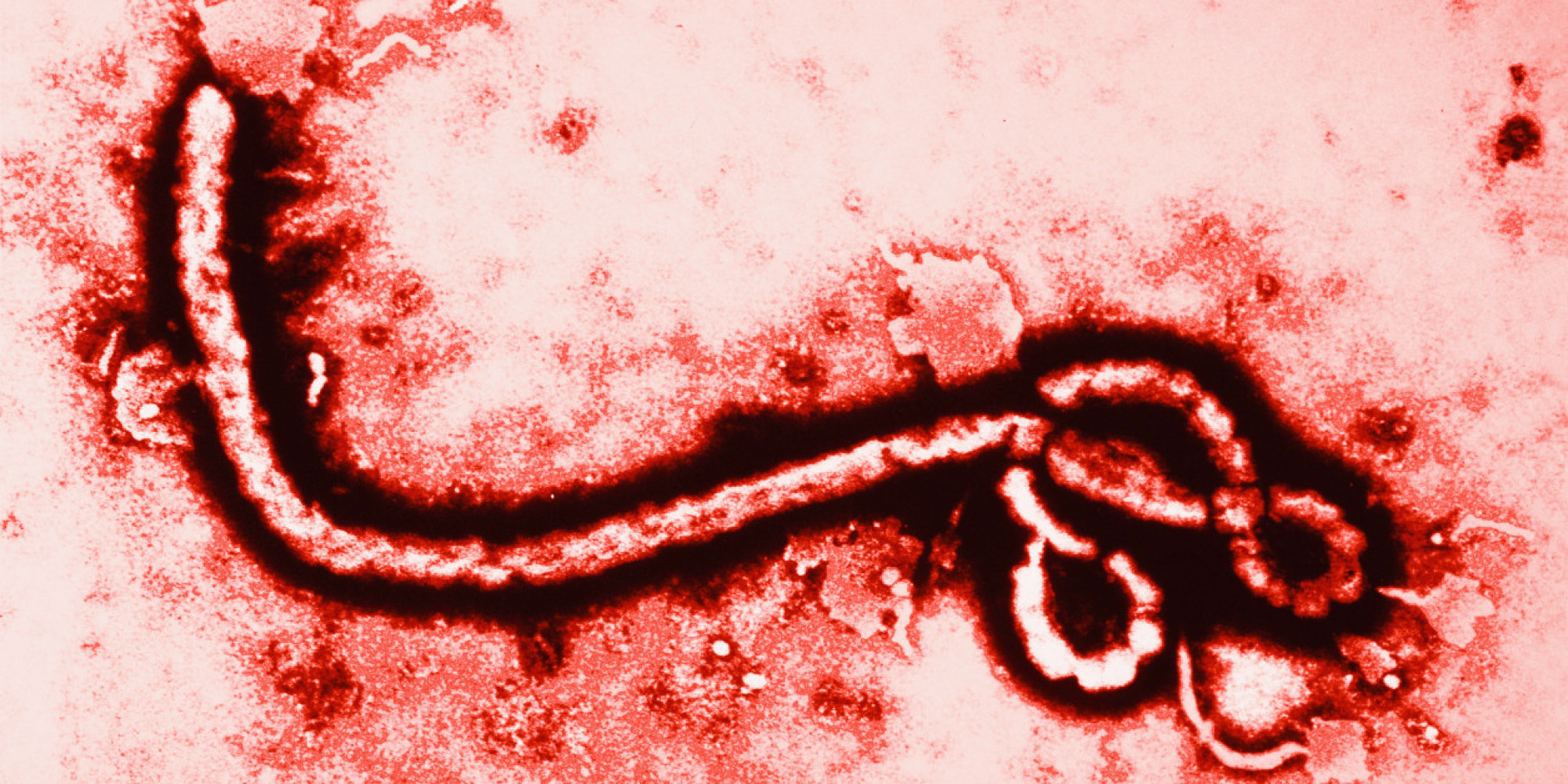A cholesterol transporter previously thought to be essential for life actually isn't that essential.
Watch: burns surgeon Fiona Wood, inventor of spray-on-skin, on why average isn't good enough in science
The gut microbiota influences the integrity of the blood-brain barrier.

A promising Ebola vaccine has been developed.
Pain "off-switch" has been found. (Open Access)
And not new but recently found: cocaine causes epigenomic changes in the brain (Open Access)
Flora/Fauna
The turtle tree of life shows that turtles' closest relatives are birds, crocodiles, and dinosaurs! (Open Access)
Dogs understand what we say and how we say it.
Centipede genome sequencing provides clues into how life developed on Earth. (Open Access)
Environment

Scientists can now turn sawdust into the building blocks of gasoline.
Melting sea ice is predicted to impact polar bears (starvation and failed reproduction) by the end of the 21st century. (Open Access)
Endangered hammerhead sharks are now migrating into unprotected waters. (Open Access)
Awesome!
DNA survives a flight into space and back. (Open Access)












